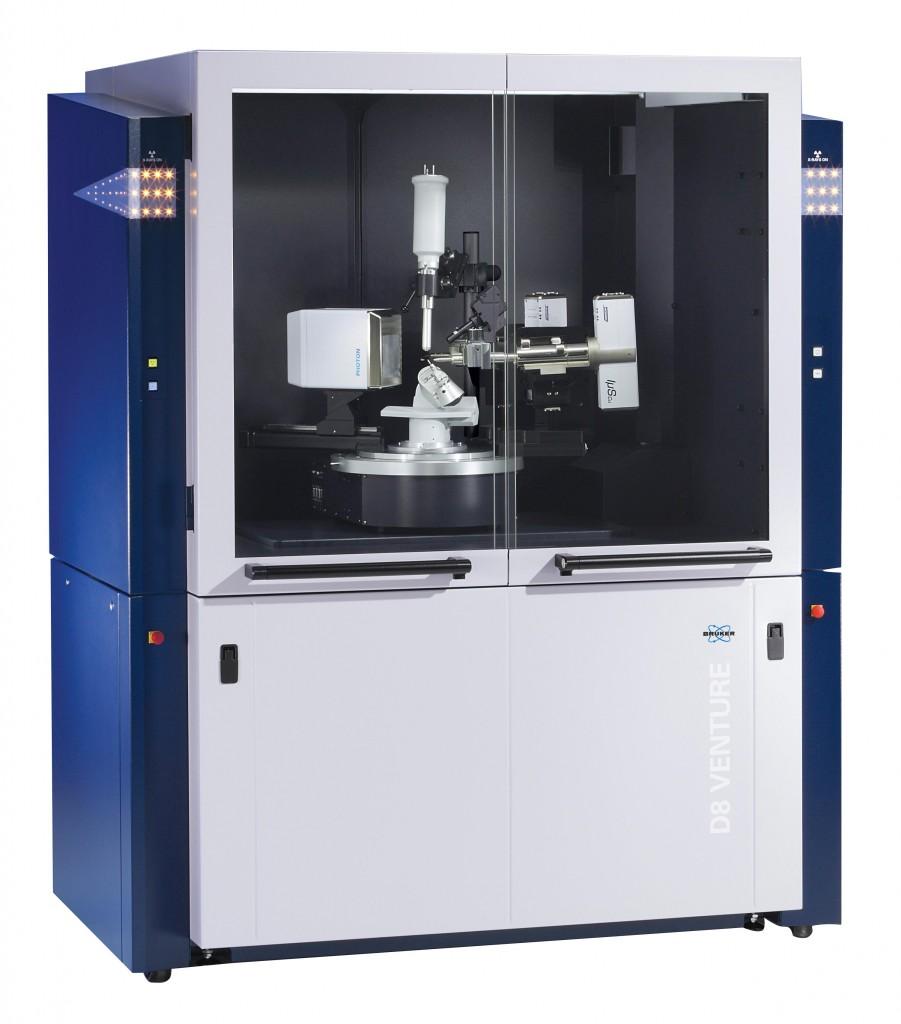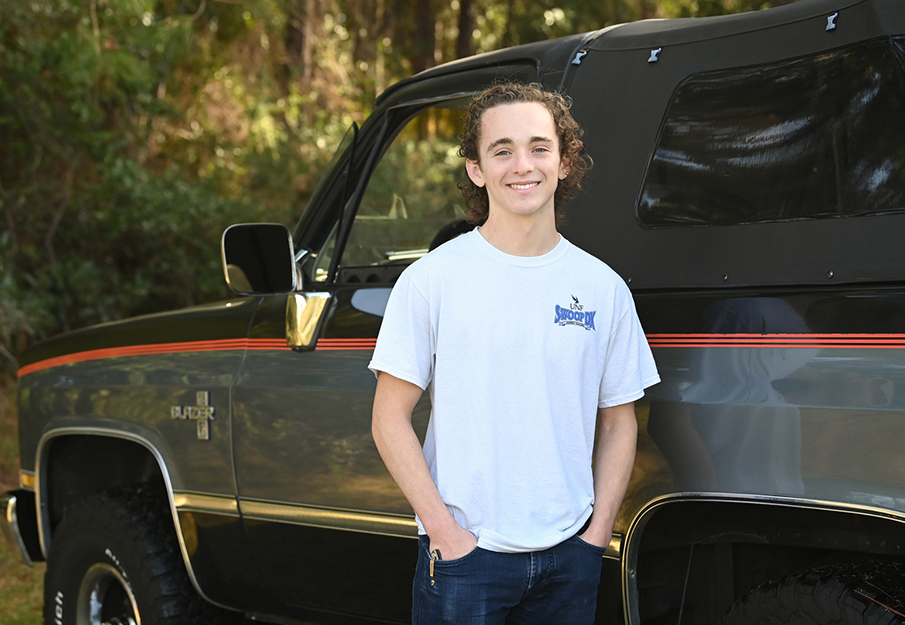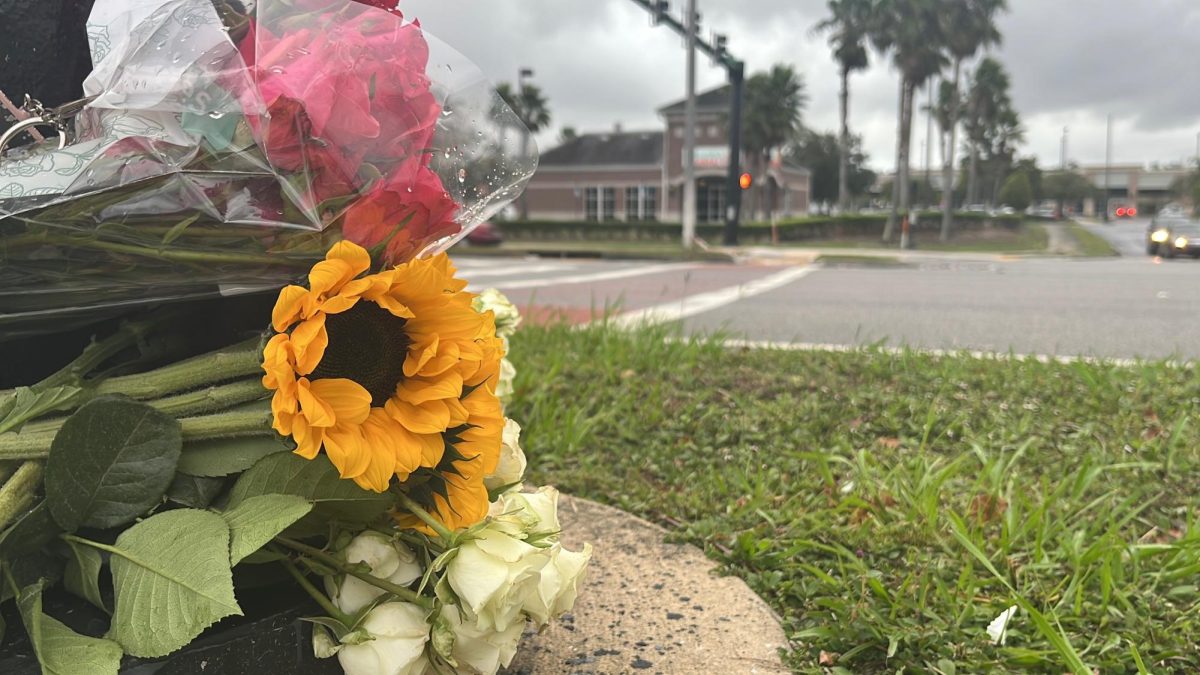
Photo courtesy UNF Public Relations
UNF could lead chemical and physics research in Northeast Florida after getting a $407,000 grant from the National Science Foundation (NSF) to purchase a single-crystal X-ray diffractometer to help further the research of the Chemistry and Physics departments.
Dr. Christos Lampropoulos, professor of general and inorganic chemistry at UNF, said no other university in Northeast Florida has this type of technology.
Lampropoulos said the diffractometer will examine the structure of molecules in crystals, “which are 10 to the negative 10 meters.” The data gathered will be used for chemical and physics research like quantum computing, magnetic material and information storage, Lampropoulos said.
“We cannot know or correlate the properties of the molecules without knowing what the molecules look like, and that’s the information that the diffractometer will give us,” Lampropoulos said.
Lampropoulos said, because of this new technology, UNF will be working with other universities in the northeast like Mayo Clinic, Florida Institute of Technology, Jacksonville University, McNeese State University and Stetson University.

He said research students will have more exposure to the diffractometer. Students in the organic chemistry labs and the advanced physics lab will have access to the machine. Other chemistry and physics classes will work with the diffractometer and the data from it in their classes.
“I want all the students to be able to do what they like to do and go to grad school and get into the best graduate program that they can get into,” Lampropoulos said. “Having this instrument here will give the students all of the experiential learning that they need to demonstrate excellence in their schooling.”
Lampropoulos said he believes a major grant funded here at UNF is a big deal and having the diffractometer will enhance UNF’s reputation. The machine will also be used for recruitment events to attract new students to the university.
Lampropoulos said getting this grant was a collective effort. He leads a team of five: two from the Physics Department and three from the Chemistry Department, including himself, to apply for a grant from the NSF in the major research instrumentation program.
“We have very young faculty, very eager faculty to get research funding so we’re all trying. The funding environment is very dry at the moment, but we still keep on trying,” Lampropoulos said. “I hope that this will be the start of a successful proposal period for chemistry.”
According to UNF’s Public Relations department, only one in five proposals are selected for funding.
“UNF has only had three other MRI proposals that have been funded. As far as I know, this is the most expensive instrument to be bought with the funding,” Lampropoulos said.
He said the proposals for the grant money are very competitive, and the university can only submit one proposal per year.
“Hopefully, this will show whoever reads the proposals that UNF is a serious university with all the infrastructure needed to get things done,” Lampropoulos said.
Lampropoulos said the diffractometer should help strengthen other proposals for UNF. It also has the ability to be updated in such a way that the usage of this technology can be expanded to other departments, such as the Biology Department.
Christian Beckman, a junior at UNF, said, “It’s really good. We probably need to increase the amount of research we do here, since it’s not a research institution, so it’s a benefit.”
Lampropoulos said, for a primarily undergraduate university like UNF, receiving this grant is a major achievement.
Email Erica Santillo at reporter17@unfspinnaker.com











